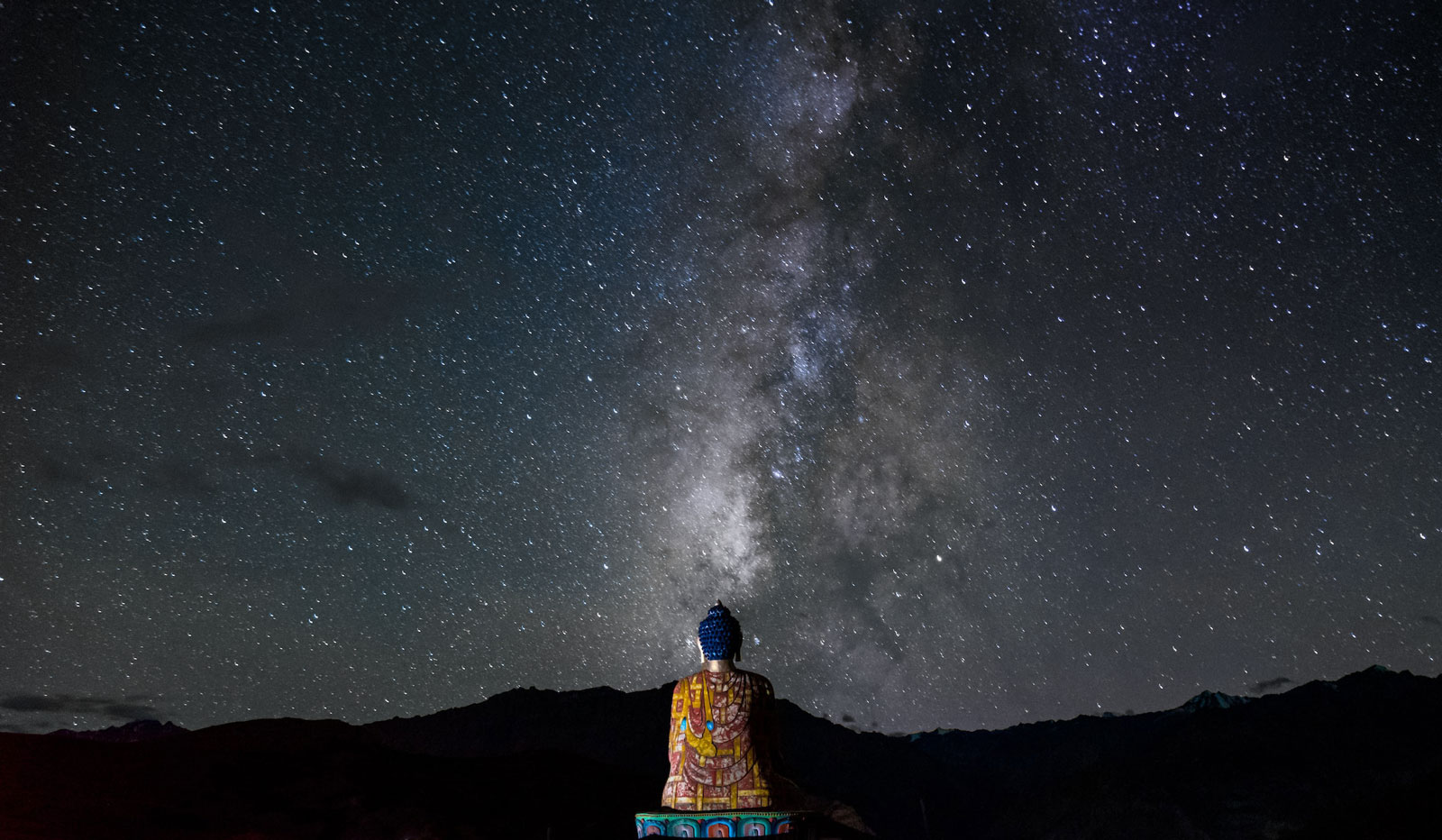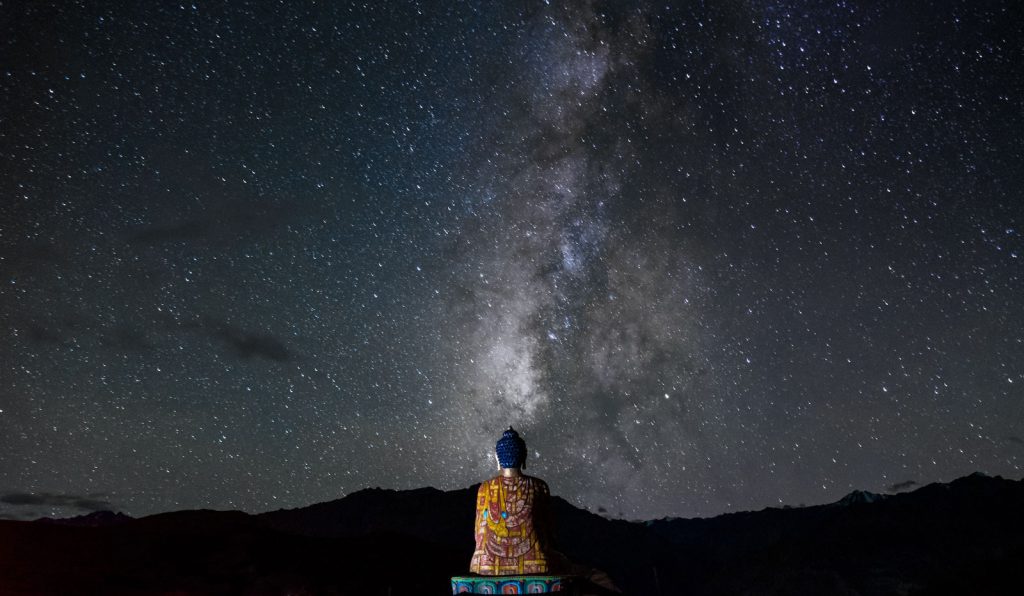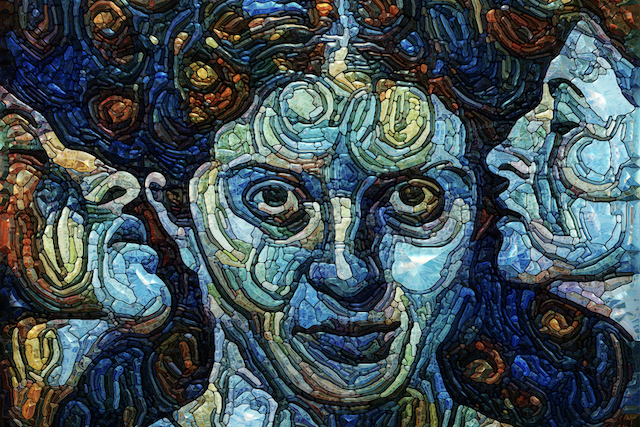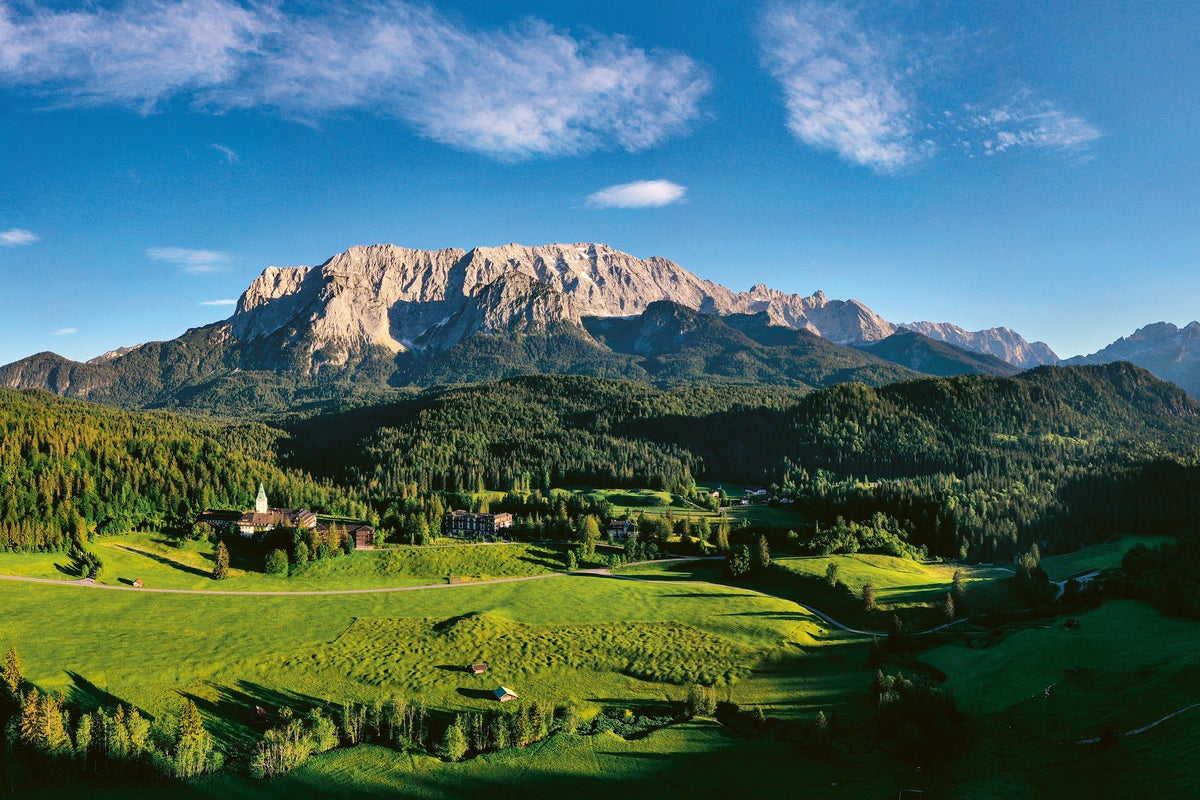Shikantaza and the Morning Star
It’s not easy, but freeing shikantaza from comparison and goals is the right way to realize this Zen practice. The post Shikantaza and the Morning Star appeared first on Tricycle: The Buddhist Review.

It’s not easy, but freeing shikantaza from comparison and goals is the right way to realize this Zen practice.
By Jundo Cohen Nov 20, 2022 Photo by Bhargav Emani
Photo by Bhargav EmaniOver the years, I’ve heard folks comparing shikantaza to other ways of zazen and meditation: Is it better or not? Faster or slower? For beginners or only experts? Should we add this or that to improve the practice? Are we just sitting here, letting life pass us by? Should I train to be ready to do it? Should I give it up and find something else? Is it progressing as it should?
What these people don’t realize is that this very drive for comparing, timing, and categorizing—our constant need to improve, get ready, and switch—is the very cause of human suffering and alienation that zazen is meant to cure.
Does a star, shining as that star, feel the need to compare its brilliance to all the other stars in the sky? Or does it simply shine as that unique star? Need a mountain wonder if it is rising from the ground too high or too low? Will the river reprove itself for flowing slowly on a certain day, and feel guilt when it is the season to flood? Must a breeze spiritually prepare itself to blow, and will it long, deep down, to head a different way? Must a bird be an expert before it calls, or does it simply call when nature urges? Is the ant saddened that life is passing it by, and thus wish to become a butterfly instead? Is the moon worried about its progress to nowhere, or embarrassed by its pockmarked face, even as human beings seek to progress and achieve by walking on its surface?
It is the human heart that rates and times, compares, sees lack or excess, feels that now is not the moment, longs to be something else, and envisions its happiness only down the line. Yes, our human need and ability to analyze, rank, compare, plan, and implement is our civilization’s power, allowing us to build great towers, powerful machines, and to walk on the moon itself. Dividing, judging, and planning is what makes our species who we are. Yet, perhaps, in all our need to achieve and despair, rating the world as it “should” be, we humans should also learn from the flowers and stones, waters and stars, which merely shine, rise, roll, flow, blow, call, crawl, and rest.
Does the star judge itself separate from space, the mountain separate from the land, the river from the other waters, the bird from the forest, and the breeze from the air?
I wish folks would cease to add complexity to shikantaza, for sitting is the ultimate simplicity. The very mental complexity that we add to it is dukkha, separation, and entanglement. Just sit, in the completion of sitting for sitting’s sake, with no other place to be, no other act to do, and nothing lacking. Shikantaza is, by nature, beyond compare, so it’s best not to compare it to anything.
The Buddha sits, the morning star simply shines, shining for shining’s sake.
![]()
Thank you for subscribing to Tricycle! As a nonprofit, we depend on readers like you to keep Buddhist teachings and practices widely available.
This article is only for Subscribers!
Subscribe now to read this article and get immediate access to everything else.
Already a subscriber? Log in.

 JaneWalter
JaneWalter 
































